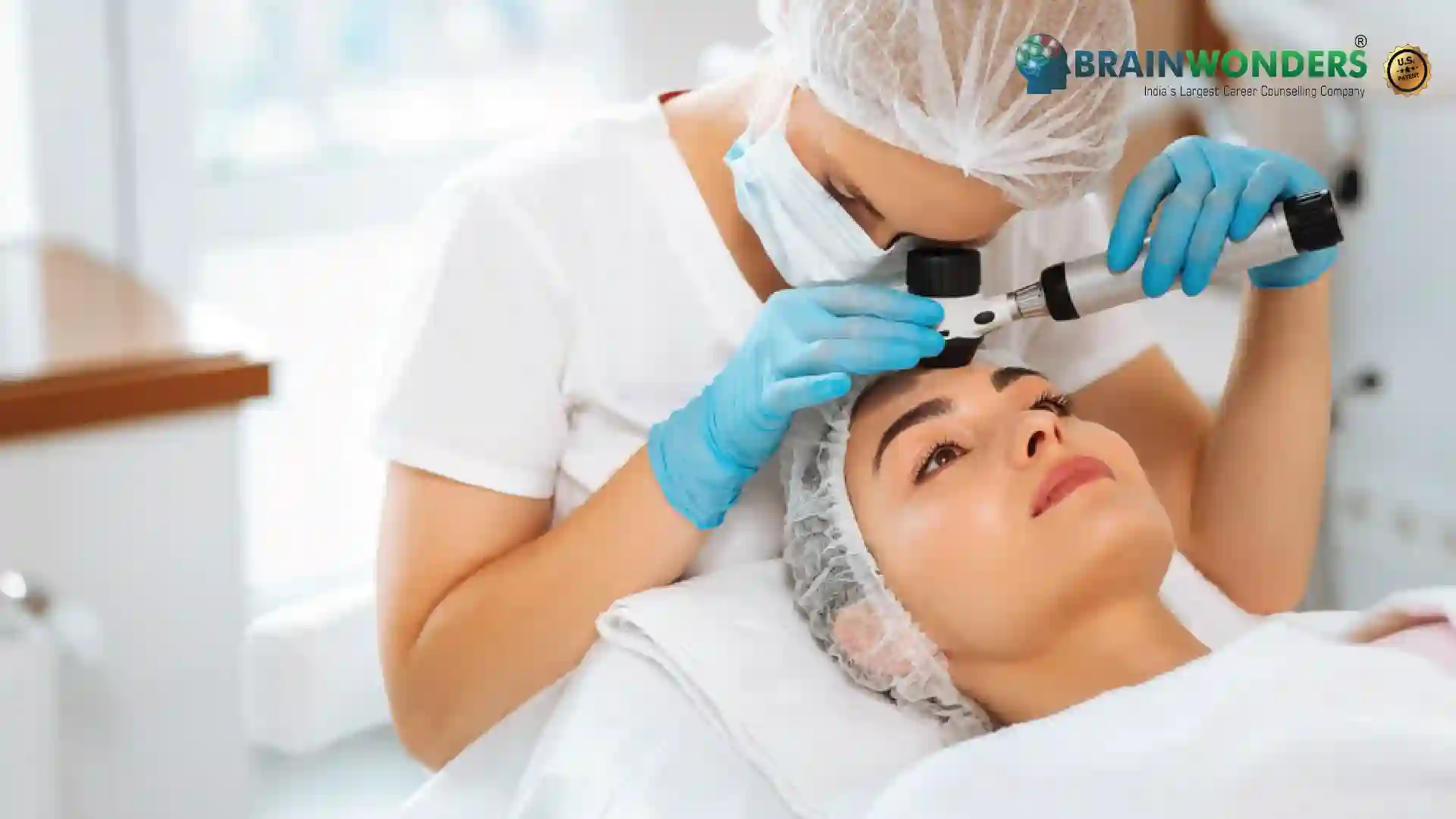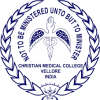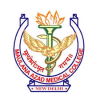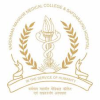How to become a Dermatologist
Overview, Courses, Exam, Colleges, Pathways, Salary

Overview
Who is Dermatologist ?
A dermatologist is a medical specialist who specialises in the health and appearance of the skin, hair, nails, and other mucous membranes and glands, as well as the treatment of skin diseases. They are responsible for the diagnosis, investigation, treatment, and management of illnesses, injuries, and deformities of the skin, hair, and nails. Acne, sunburns, fungal infections, warts, birthmarks, and skin cancer are just a few of the diseases that a dermatologist may diagnose and treat. Individuals of different ages, from newborns to senior citizens, may be treated by them.
During patient visits, they collect information about the person`s medical history, inspect the affected area of the body with a variety of equipment, and, if required, administer medical tests or employ other diagnostic procedures. Following an evaluation of the presenting problem, they select the most suitable therapy alternatives. The techniques they use might be either medicinal or aesthetic, as well as invasive or non-invasive. Cosmetic dermatology, dermatopathology, teledermatology, paediatric dermatology, immunodermatology, and Mohs surgery are just a few of the subspecialties that fall within this discipline of medicine.
Typical day at work
What does Dermatologist do?
A Dermatologist is a medical doctor who specializes in diagnosing, treating, and managing conditions related to the skin, hair, nails, and mucous membranes. Dermatology is the medical field dedicated to studying skin diseases and disorders. Dermatologists provide a wide range of services to patients of all ages. Here are some of the primary responsibilities and tasks of a Dermatologist:
- Skin Conditions Diagnosis: Dermatologists are trained to identify and diagnose various skin conditions, such as acne, eczema, psoriasis, dermatitis, skin infections, allergies, and skin cancer. They use their clinical expertise and may perform skin biopsies or other tests to make accurate diagnoses.
- Treatment Planning: Once a diagnosis is made, Dermatologists develop individualized treatment plans for their patients. Treatment options may include prescribing topical creams, ointments, or oral medications to manage skin conditions effectively.
- Dermatologic Procedures: Dermatologists are skilled in performing various dermatologic procedures, such as cryotherapy (freezing), excisions, skin grafts, chemical peels, laser therapy, and phototherapy, to treat skin conditions and improve skin health.
- Skin Cancer Screening: Dermatologists conduct regular skin cancer screenings to detect any suspicious moles or skin lesions early, which is crucial for early intervention and better outcomes.
- Cosmetic Dermatology: Some Dermatologists specialize in cosmetic dermatology, offering procedures like Botox injections, dermal fillers, chemical peels, and laser treatments to enhance skin appearance and address ageing-related concerns.
- Patient Education: Dermatologists play a significant role in educating patients about proper skincare, sun protection, and measures to prevent skin problems.
- Research and Innovation: Many Dermatologists are involved in research to advance their understanding of skin diseases, explore new treatment modalities, and contribute to developing better skincare products and therapies.
Abilities and Aptitude needed
What are the skills, abilities & aptitude needed to become Dermatologist?
Dermatologists need a wide range of abilities to be successful in their field. Among the abilities are: When it comes to problem-solving, critical thinking entails keeping objective and determined throughout the process. A dermatologist's ability to apply logic and reasoning to explore the answers or approaches to issues that best fit the patient's requirements is vital. Attention to detail: This talent entails giving complicated problems and everyday activities the highest care and attention. Dermatologists must examine patients and diagnose them depending on their findings. They must pay attention to details and maintain meticulous records to give exceptional treatment.
Written and spoken communication are also included in this ability. Dermatologists consult with nurses, patients, and other physicians regularly on treatment and care. They must learn to listen actively so that they may transfer information to several channels and ensure that their patient's treatment is correct and efficient. Interpersonal abilities: These abilities are crucial to patient satisfaction and results. Communication politely and sympathetically is an example of interpersonal skills.
Patients may become emotionally sensitive as a result of their diseases, and dermatologists must be able to react appropriately to these feelings while staying professional. They must have excellent observation abilities to recognise symptoms by paying attention to little features such as skin colour, patterns, and textures. Their job also necessitates superior eyesight for accurate assessments and dexterity in the hands to successfully perform therapeutic operations.
It is necessary to have a thorough understanding of clinical pharmacology, immunology, biology, as well as diverse dermatological disorders and treatment strategies. They must also be conversant with the equipment used in treatments, such as comedone extractors, dermal punches, cryogens, dermabrasion tools, laser machines, and lancet extractors, to mention a few examples.
Salary
Salary for Dermatologist?
The salary of a Dermatologist can vary based on factors such as experience, location, level of education, type of employer, and the setting in which they work.
- Minimum Monthly Salary: The monthly salary can be from INR 60,000 to INR 1,00,000.
- Maximum Monthly Salary: The monthly salary can be from INR 3,00,000 to INR 5,00,000 or more.
- Annual Salary: The salary can be from INR 7,20,000 to INR 60,00,000 or more.
- Highest Paying Job and Scope:The highest paying job for a Dermatologist is often in private practice or as a consultant in prestigious hospitals and medical centers. Dermatologists with a successful practice and a strong patient base can earn significantly higher incomes. The scope for Dermatologists is promising as the demand for skin and hair care services continues to grow. Dermatologists play a crucial role in diagnosing and treating various skin, hair, and nail conditions, as well as providing cosmetic procedures to enhance the appearance of their patients. With an increasing focus on skincare and aesthetics, the demand for qualified Dermatologists is expected to remain high.
Pathways
How to become an Dermatologist?
Entrance Exam
Entrance Exam for Dermatologist ?
Interested candidates can enroll themslves for the MBBS course through National Eligibility Cum Entrance Test (NEET 2020). For getting admission in All India Institute of Medical Sciences (AIIMS), candidates are required to appear for the entrance examination of AIIMS 2020. Other Universities/institutions also conduct their own medical entrance exams for providing admission to candidates. Admission processes varies from colleges to colleges. There are various exams like PMT, AIPMT with exams for AIIMS, AFMC, BHU, etc. These exams help you in deciding in what college you can go to.
1. Given below is the list of various famous Entrances Exams to get the admission into the BDS course-
- AIIMS PG 2020
- NEET PG 2020
- Jawaharlal Institute of Postgraduate Medical Education & Research (JIPMER 2020) Exam
- JIPMER PG 2020
Courses
Which course I can pursue?
Best Colleges
Which are the best colleges to attend to become an Dermatologist?
Industries
Which Industries are open for Dermatologist?
Dermatologists can explore various industries and settings where their expertise in diagnosing and treating skin, hair, and nail conditions is in demand. Here are some industries open for Dermatologists:
- Medical Facilities: Dermatologists can work in various facilities, including hospitals, clinics, medical centers, and healthcare institutions. They diagnose and treat patients with skin conditions and collaborate with other medical professionals in multi-disciplinary teams.
- Private Practice: Many Dermatologists establish private dermatology clinics, providing patients with medical and cosmetic dermatology services. Private practice allows for greater autonomy and the potential to build a strong patient base.
- Aesthetic and Cosmetic Clinics: Dermatologists with expertise in cosmetic dermatology can work in specialized aesthetic clinics, offering treatments like laser therapies, botox, dermal fillers, and chemical peels.
- Academia and Research: Some Dermatologists pursue careers in academia and research, conducting studies, publishing research papers, and teaching at medical institutions.
- Dermatopathology: Dermatologists with specialized training in dermatopathology can work in pathology laboratories, analyzing skin tissue samples to diagnose skin diseases and conditions.
- Pharmaceutical and Dermocosmetics Industry: Dermatologists may work with pharmaceutical and dermo-cosmetic companies, providing medical expertise, conducting clinical trials, and contributing to product development.
- Telemedicine and Digital Health: With the rise of telemedicine and digital health platforms, Dermatologists can offer virtual consultations and advice to patients through online platforms.
- Government Health Services: Dermatologists may work in government health departments, providing dermatological care in community health centers and outreach programs.
- Wellness and Spa Industry: Dermatologists interested in wellness and holistic skin care may collaborate with wellness centers and spas.
- Dermatological Research Institutes: Dermatologists interested in cutting-edge research can work in specialized dermatological research institutes, contributing to advancements in the field.
internship
Are there internships available for Dermatologist?
Internships for Dermatologists are typically part of the formal post-graduate medical education known as a "residency" or "post-graduate training" program. After completing their MBBS (Bachelor of Medicine and Bachelor of Surgery) degree, aspiring Dermatologists must pursue a Doctor of Medicine (MD) or Diplomate of National Board (DNB) in Dermatology to become qualified Dermatologists.
To find internship opportunities for Dermatologists, consider the following steps:
- Medical Colleges and Teaching Hospitals: Check with reputed medical colleges and teaching hospitals that offer Dermatology residency programs. Research their specific requirements and application process.
- Government Hospitals: Some government hospitals with Dermatology departments may have openings for resident doctors. Inquire with their medical administration or human resources department.
- Private Hospitals and Clinics: Certain private and specialty clinics may also offer Dermatology residency programs. Reach out to their HR departments to inquire about any available opportunities.
- Professional Associations and Conferences: Keep an eye on professional Dermatology associations' websites and conferences. Some conferences may offer observer programs or research internships for medical students and trainees.
- Dermatology Workshops and CMEs: Participate in Dermatology workshops and Continuing Medical Education (CME) events, as they may provide exposure to expert Dermatologists and networking opportunities.
- Networking: Contact experienced Dermatologists and senior residents to inquire about potential internship openings or recommendations.
- Online Portals and Websites: Some online platforms and medical job portals may advertise Dermatology residency positions.
Career outlook
What does the future look like for Dermatologist?
By 2028, the number of work possibilities for these highly educated individuals is expected to expand by 7 per cent. While many of them prefer to establish their independent practises, others choose to work at teaching hospitals, healthcare institutes, and medical universities. Working hours are conventional 9 to 5 for this position, which is mostly in an office environment. They may have to work longer hours if they have a large number of patients to see or if the technique they are administering is complex. They are not required to perform night hours or to respond to emergencies, on the other hand, With sufficient field experience, they may rise to supervisory positions, teach in the field, or carry out research in their chosen area of specialisation.
When working in this profitable and in-demand area, a dermatologist must engage in ongoing professional development to keep up with the industry`s rapid growth and advancements in associated technology. In tandem with an increase in public knowledge of and prevalence of skin-related diseases, there is an increase in the need for the services of these specialists. Additionally, a rising number of individuals today with the desire to lessen the symptoms of ageing or improve the look of their skin are choosing cosmetic operations to get the desired results, requiring the need for dermatologists to perform these procedures.




.webp)


